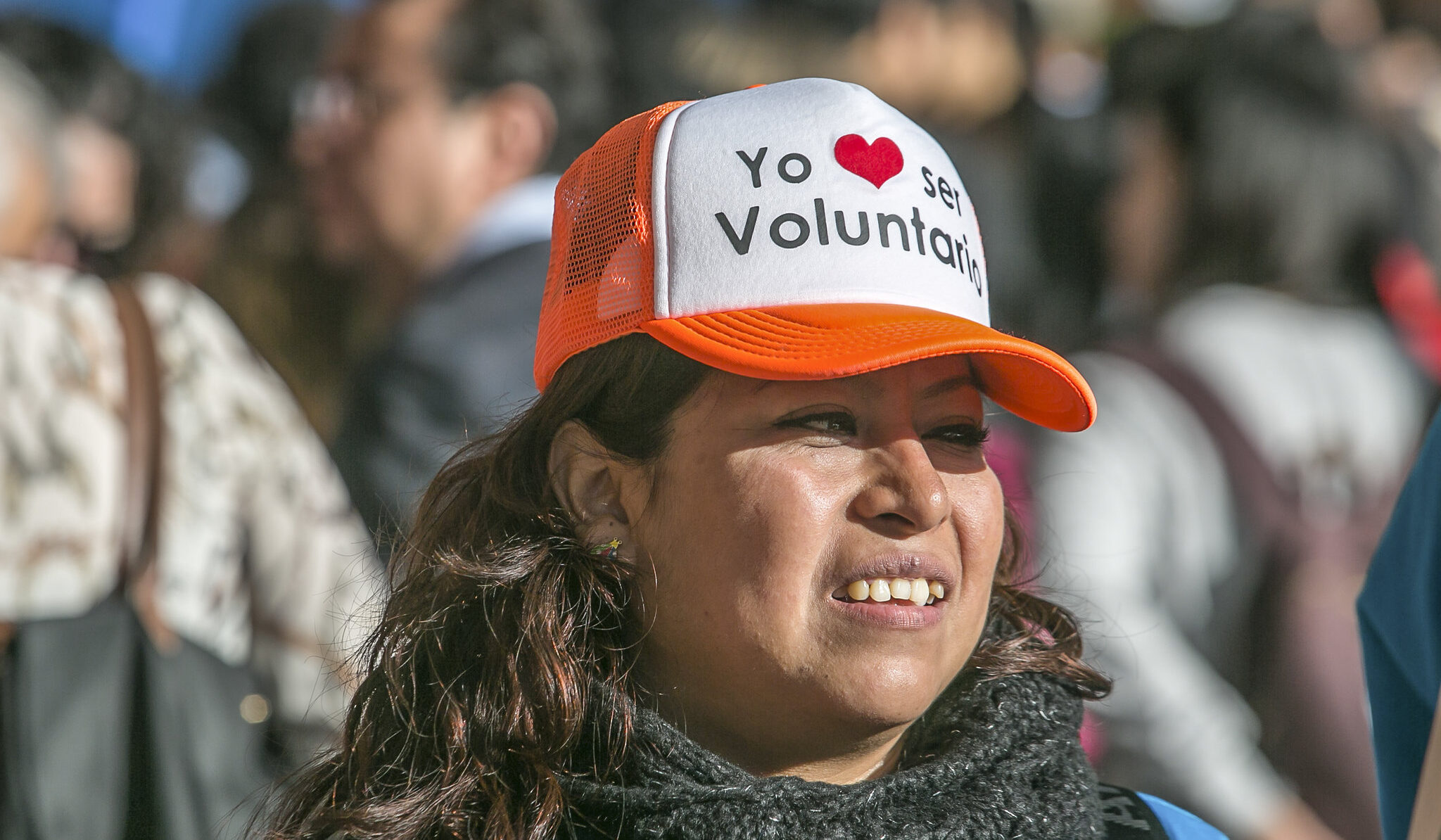By Samuel Turay, Africa Coordinator for IAVE’s Global Network of Volunteer Leadership (GNVL)
The development sector is being increasingly challenged to decolonize. Localization of development decision-making and delivery has been a long-standing response to shifting power within the sector. However, there are concerns that the rhetoric of decolonization and localization does not always translate to changes in power and practice.
This same concern is felt within the ‘volunteering for development’ community. Although COVID-19 accelerated existing efforts to support Southern actors and priorities, it also highlighted inequities in resources and support for community and national volunteers and Southern-based Volunteer Involving Organisations (VIOs). In the framing paper for IVCO (International Volunteering Cooperation Organisations) 2021 and the accompanying think pieces the case was made for challenging whose knowledge counts in ‘volunteering for development’ and it was highlighted how the terminology we use can restrict understanding of what volunteering and development mean.
In this think piece, we ask what IVCOs can do to center Southern expertise and re-imagine the connection between volunteering and development to deliver transformational change. Recent research from FORUM and IAVE and the latest State of the World’s Volunteerism Report all call for support for Southern-led volunteering models, and the global partnerships to allow them to flourish.
The three enablers of Southern expertise in ‘volunteering for development’ presented below came from the insights of 12 African volunteer leaders and are directed at IVCOs with their logistical and philosophical origins in the Global North:
1. IVCOs should ensure that they shift decision-making at all stages to Southern organizations and stakeholders

Funding or partnering with Southern organizations to deliver programs is not enough, IVCOs also need to engage with Southern communities and expertise when designing their strategies, and the resulting projects and programs. Often international partners come with a pre-determined project and agenda, which limits the ability of Southern actors to highlight areas that might not work in a particular context, or to shape solutions based upon their own knowledge. Ensuring Southern representation within the leadership and boards of IVCOs with a development focus in the South can support shifts in decision-making.
2. IVCOs should support platforms for South-South collaboration, knowledge sharing and exchange

A crucial role for IVCOs in supporting sustainable volunteering for development practice is enabling Southern leadership and expertise in volunteering for development. This could be through strengthening existing platforms for South-South collaboration and knowledge exchange and/or increasing opportunities for North/South learning, with the recognition that learning from different contexts is likely to support more effective solutions and strategies. Key is that IVCOs do not prescribe what platforms or networks for knowledge sharing look like, but rather engage with networks and partnerships that already exist.
3. IVCOs should advocate for an enabling environment for volunteering to flourish, supporting Southern investment in volunteering from government and private sector

Southern leadership of volunteering for development requires recognition and investment in the volunteering sector from Southern governments and the private sector. IVCOs can support this process by supporting Southern VIOs with advocacy efforts to drive policy frameworks and budget decisions that prioritize volunteering for development approaches. Through such policy and advocacy partnerships a supportive environment for volunteering can be promoted and awareness raised of the value of investing in volunteering to realize development goals.
In conclusion, IVCOs that have their philosophical origins in the Global North, but whose work is centered in the Global South have the opportunity to become equitable partners in a volunteering for development movement that prioritizes the expertise of local and community volunteers, and Southern VIOs and civil society organizations. It is only by working together to center Southern expertise that volunteering can drive transformational change towards Agenda 2030.

